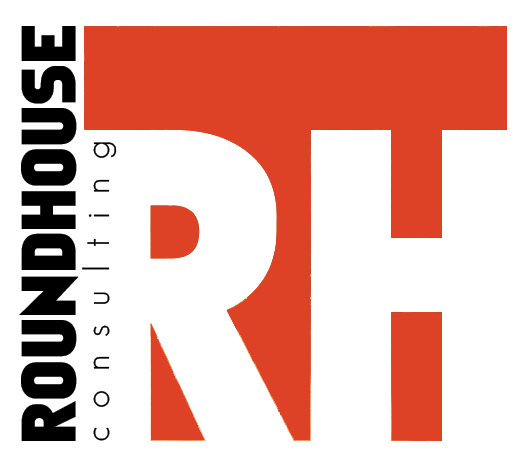Jason Morris wrote a blog entry on some changes he would like to see in the political process, the link is in my last post. One of his proposals was to vest more power in what he called the ‘super caucus’ – essentially nominated candidates as well as elected members. The idea is interesting, and reflects something I have long wanted to see at the Federal level. The idea serves two purposes: empowering local associations of the membership regardless of the current status of a seat and widening the pool of talent available to party leaderships. Both are good things, and I think that this is an idea every party should be pursuing, especially as it entails relatively little disruption in the existing process.
One of the basic ideas I would like to see enacted here in Alberta is the creation of a neutral 3rd-party election authority, along the lines of Elections Canada or Elections BC. This body would be created to take control over managing elections, hiring elections officials and the management of district boundaries. The removal of all of these things from the partisan realm is simply good management, as it removes several obvious conflicts of interest and creates stability in the management of these important logistical matters.
Perhaps more importantly I agree with Mr. Morris and many others that it is time for a major renovation of the political party, and there is no reason not to start here in Alberta. Political parties are a practical response to the requirements of democratic, in particular representative-style, government. From the beginnings of their modern form in 18th-century Britain they have been criticized for promoting ‘faction’ or partisanship over good governance. In fact the pamphlets known as Cato’s Letter’s by Gordon and Trenchard, dating from the early 1720’s, concerned with promoting and defending freedom of conscience and speech, spent a considerable amount of time on the issue. Perhaps ironically over this lengthy series of pamphlets there are very few debating points on the issue of parties, even today, that are not dealt with.
( Cato’s Letters: http://classicliberal.tripod.com/cato/ I recommend these highly, the writing is excellent and many of the issues retain their interest. In addition these were central documents in the evolution of both British and American thinking, with a contemporary impact as substantial as Locke’s. My apologies for the digression!)
What are the dominant characteristics of our parties today? First of all they are, relative to the population, small. This small size makes them, to greater or lesser degrees, closed clubs with a fixed membership. Secondly their membership is not representative of the electorate, being on the whole wealthier, older and whiter. Thirdly they are very much, and avowedly, top-down organizations that make little effort to engage with and empower the bulk of their membership, focusing instead on their elites. This makes them rigid, as well as reinforcing the preceding characteristics.
The changes in our information environment and the rise of social media threaten organizations like this with going the way of Eaton’s. Already the federal parties are trying to use social media, online forums and improved databasing; the issue is that they haven’t yet actually changed their cultures. One of the topics I most look forward to discussing at Reboot Alberta this weekend is how the political party as we know it can be reformed to make it more responsive to and representative of citizens, through the use of these new tools and media. It is my belief that we now have the opportunity to flatten the organization of our political parties, increasing the access for and importance of the individual members.

I'm looking forward to this discussion too. The integration of social media - and decentralized communication and ddecision systems more generally - into the governance structure of parties (and of democracies in general) is a fascinating topic.
ReplyDeleteThanks for the vote of support.
ReplyDeleteOne thing. Alberta Elections exists, so it's not a matter of creating it. It more a matter of making it more independent. They need to be able to do what is necessary outside of the control of the politicians of the day.
The last Chief Electoral Officer said as much in the last election. Of course, that person isn't CEO anymore.
You are of course correct that Alberta Elections exists - my issue is that it does not exist as a 3rd-party independent entity & I should have been clearer there! It will be interesting indeed to see what comes out in the conversations.
ReplyDelete